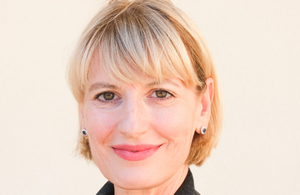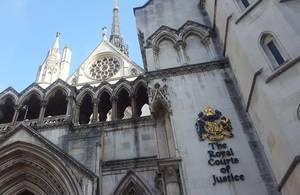Cocaine supplier receives increased sentence after hearing at the Court of Appeal
News story
The offender acted as a courier to drive 90kg of cocaine from Surrey to London

A man who acted as a courier to transport 90kg of cocaine has been ordered to serve a longer prison term after the Court of Appeal found his original sentence to be unduly lenient.
Sam Whicker, now 31, was part of an organised crime group involved in the supply of class A drugs (cocaine). Whicker acted as a courier and drove 90kg of cocaine from Walton-on-Thames, Surrey, to Northolt, West London.
In addition to this offence, Whicker also has 38 previous convictions for 71 offences.
On 6 July 2022, Whicker was sentenced to 4 years’ imprisonment at Southwark Crown Court for being concerned in the supply of a class A drug (cocaine). Whicker was also ordered to forfeit the drugs and vehicle for destruction.
Following the sentencing, Whicker’s sentence was referred to the Court of Appeal under the Unduly Lenient Sentence scheme.
On 6 October 2022, the Court found Whicker’s original sentence to be unduly lenient, and he was ordered to serve a new sentence of 5 years and 4 months’ imprisonment.
Speaking after the hearing, HM Solicitor General Michael Tomlinson MP said:
Supplying class A drugs, especially given the significant quantity involved in this case, is an incredibly serious crime, so it was clear to me that a stronger sentence was appropriate in this case.
Today’s verdict shows that no amount of money offered to supply and transport drugs will ever be worth it.
Published 6 October 2022

